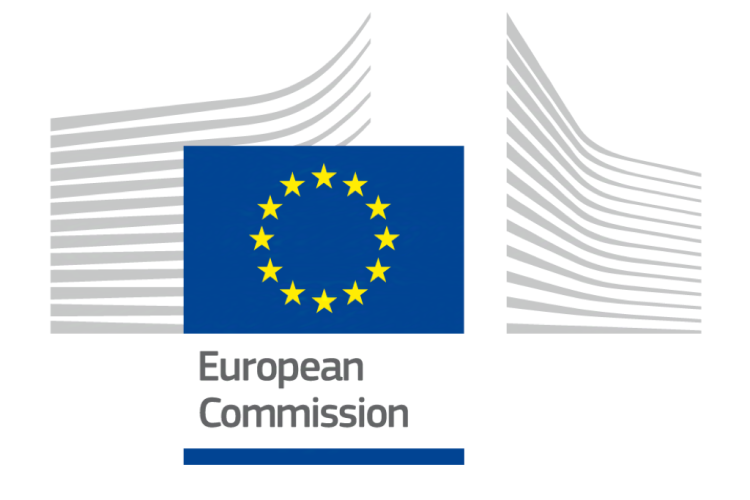The European Commission (EC) adopted its annual Enlargement Package, providing a detailed assessment of the state of play and the progress made by Albania, Bosnia and Herzegovina, Kosovo, Montenegro, North Macedonia, Serbia, Georgia, the Republic of Moldova, Ukraine and Türkiye, on their respective paths towards EU accession. The assessments are accompanied by recommendations and guidance on the reform priorities, IPN reports.
As regards the Republic of Moldova, it is noted that the opening of accession negotiations has been an important recognition of Moldova’s determination to pursue reforms on the path of EU accession despite facing continuous Russian interference and the impact of Russia’s war of aggression against Ukraine.
“Following the first intergovernmental conference in June 2024, the analytical examination of the acquis (the screening) is progressing smoothly. Subject to Moldova meeting all the conditions, the Commission is looking forward to the opening of negotiations on clusters, starting with the fundamentals, as soon as possible in 2025,” says a press release issued by the EC.
According to the quoted source, enlargement is a historic opportunity both for the acceding countries and for the current Member States and the EU as a whole. There are significant socio-economic, political and security advantages of a bigger and stronger Union.
“The tense geopolitical context makes it more compelling than ever that we complete the reunification of our continent, under the same values of democracy and the rule of law. We have already taken great strides over the last years towards integrating new Member States. And enlargement will remain a top priority of the new Commission,” said European Commission President Ursula von der Leyen.
High Representative of the European Union for Foreign Affairs and Security Policy Josep Borrell said that over the past five years, unprecedented challenges were faced on health, environment and security. „Now, more than ever, the European Union membership becomes a strategic choice. Over the years, we have seen that alignment with our Common Foreign and Security Policy (CFSP) is the most significant indication of the candidates sharing our values and our geopolitical orientation. Through our merit-based process, we are building a stronger Union together,” noted the official.
Commissioner for Neighborhood and Enlargement Olivér Várhelyi stated that enlargement represents a geostrategic investment in the peace, stability, security and socio-economic growth of our European continent. “Our annual enlargement package provides a factual and fair assessment of the progress made by our partners, accompanied by clear guidance, allowing them to identify areas where accelerated reforms can boost their progress towards EU membership. With the help of the specific economic and investment plans, the Ukraine Facility, as well as the Growth Plans for the Western Balkans and the Republic of Moldova, we have put in place additional tools and means to help countries accelerate socio-economic convergence and reform efforts on their path to the EU,” said the official.
The enlargement process continues to be merit-based and depends on the objective progress made by each of the partners. This requires determination to implement irreversible reforms in all areas of EU law, with special emphasis on the fundamentals of the enlargement process. Democracy, the rule of law and fundamental values will continue to be the cornerstones of the EU’s enlargement policy. EU membership remains a strategic choice,” runs the press release.
It is now for the Council to consider these recommendations of the Commission and take decisions on the steps ahead in the enlargement process.
- Extreme caution in traffic urged amidst sleet
- Official exchange rate for date 27.12.2024
- Man gest 15 years for raping 11-year-old stepdaughter
- Official exchange rate for date 26.12.2024
- Documentation of the 140 thousand people who allowed themselves to be corrupted in the elections is just beginning


